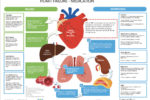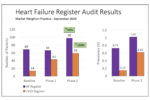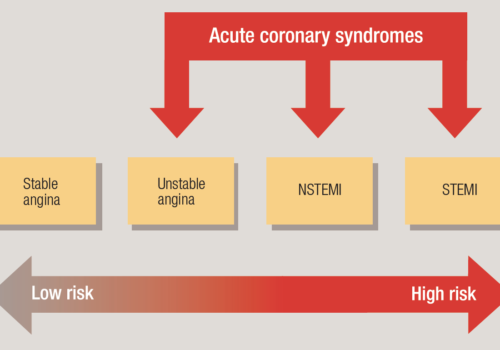I am keeping my fingers crossed as I write this that you are all having to apply sun protection factor 30 as a result of a glorious summer and that you are enjoying reading this issue of British Journal of Primary Care Nursing to the accompaniment of gently chinking ice cubes as drinks are served to you while you recline under a parasol! Well it was a nice thought!


























